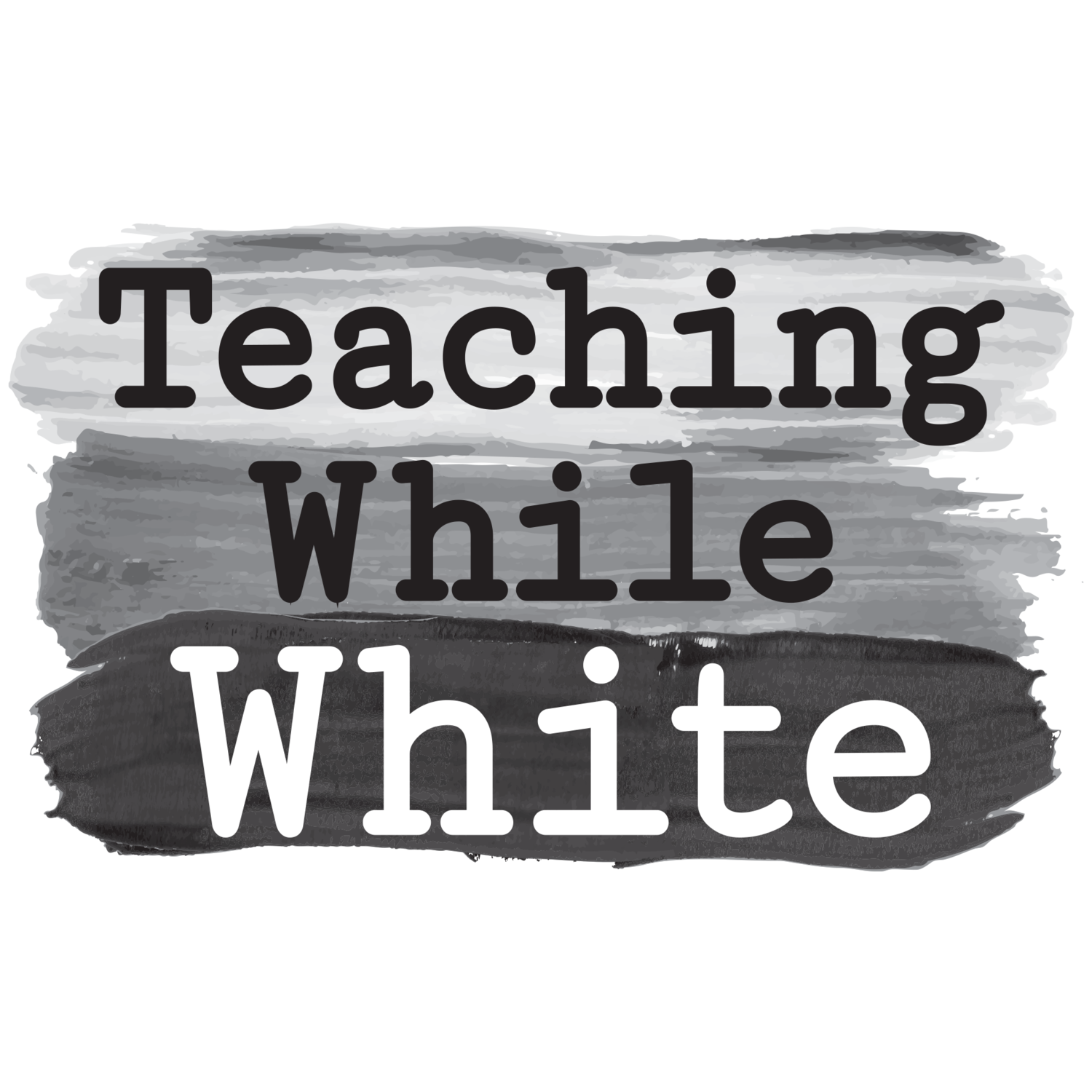The Narrative Battle
Editor’s Note: The following is an excerpt of comments from writer and social-justice advocate Bryan Stevenson in A Perilous Path: Talking Race, Inequality, and the Law (New Press, 2018) — a "no-holds-barred, red-hot discussion of race in America today" among Stevenson; Sherrilyn Ifill, president of the NAACP Legal Defense Fund; Loretta Lynch, a former attorney general of the United States; and Anthony C. Thompson, a professor of clinical law and the faculty director of the Center on Race, Inequality, and the Law at New York University School of Law. It's reprinted here with permission.
For me, the challenge that we face is a narrative battle. I don’t think we’ve actually done very effective narrative work in this country. We had a genocide in America. And when white settlers came to this continent, they killed millions of native people, through famine and war and disease. And we forced those people from their lands. We kept their names. We named streets and buildings and counties and things after them, but we forced them off. And because of a narrative shift, we didn’t say, “That’s genocide.” We said. “Those people are savages.” And that narrative failure to own up and acknowledge their humanity allowed us to think that we hadn’t done anything immoral. But we did.
And then we had slavery and the Civil War. The North won the Civil War, but the South won the narrative war. The South was able to persuade the United States Supreme Court that racial equality wasn’t necessary. And they actually reclaimed a racial hierarchy; that ideology of white supremacy. And we allowed that to happen for a hundred years. Then we had horrific terrorism and violence, and we ended the mass lynchings with impunity. But those who perpetrated that terrorism and violence won the narrative war. They were never held accountable. And then we got into the Civil Rights Era, where there was this massive, incredible movement led by extraordinary people, like Dr. King and Rosa Parks. We won passage of the Voting Rights Act; we won passage of the Civil Rights Act. But we lost the narrative war.
The people who were holding the signs that said, “Segregation Forever,” and “Segregation or War,” they were never forced to put down those signs. They didn’t wave them around anymore, but they kept adhering to that value. And now we’re living at a time where that thriving narrative of racial difference, that ideology of white preference, has exhibited itself, and now we’re dealing with the consequences of that. We won an election in 2008, but we lost the narrative battle. We actually allowed that president to be demonized and victimized and marginalized because he’s black — not because of anything he said or did. And our comfort with that kind of demonization is, I think, at the heart of the challenge that we face.
So, I want us to be involved in legal battles in court. I want us to be thinking strategically, politically, about how we claim federal government and make local government work for us. But we’ve got to start fighting a narrative battle. We’ve got to create a country and a culture where you are not allowed to say, “I’m going to ban people because they’re Muslims,” and win with that. You’re not allowed to ban people. There will always be people who try to exploit the fear and anger that give rise to these kinds of narratives of racial difference. And I think we haven’t done a very good job. Too many of us have take advantage of the legal battles while leaving behind the narrative battle. And that, for me, is the great challenge that we face.
